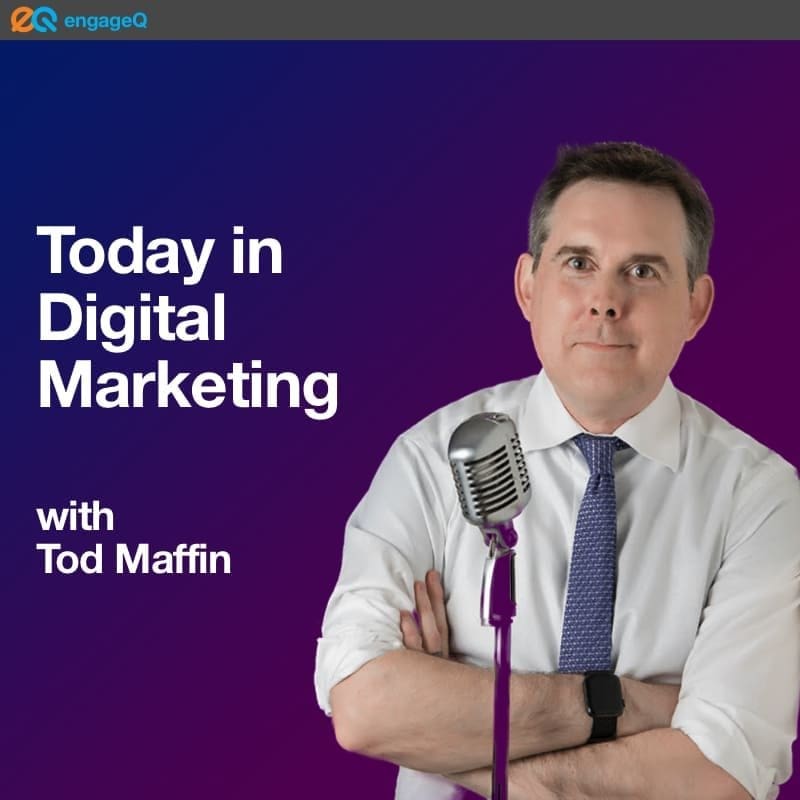
One of the first things I did when ChatGPT came out was… and you did it too, so shut up… was to ask it who I was. “Who is Tod Maffin?”
It got most of it right. Been in the digital marketing space for almost 25 years. Used to be a national radio host and producer. But then, it started going off the rails.
“Tod Maffin is an internationally recognized wine sommelier,” it said. Which is not true. And in fact, is kind of funny, considering that I'm in recovery. And spent months in residential treatment 15 years ago — mostly for wine.
I think we all know by now that ChatGPT just straight-up lies sometimes. They're hallucinations. That's why while it might be a great tool for brainstorming or coming up with different copy variations, it's not something you'd want to trust for things like brand monitoring or market research.
Or would you?
An interesting think-piece up today on Insider Intelligence asks: Maybe we should.
Quoting the piece:
When it comes to assessing brand strength, these so-called “hallucinations” can be a tool for evaluating what brand associations really are. And those same hallucinations can be fed back into ChatGPT to generate customer profiles, marketing copy, and even new products…
For example, marketers can get AI to hallucinate any brand as a Dungeons & Dragons character sheet, determining its strengths, weaknesses, and core features. What may seem like a silly experiment can help advertisers in tangible ways.
One interesting example cited was when a researcher asked ChatGPT to rewrite the Gettysburg Address in Coca-Cola’s voice.

The piece also suggests these hallucinations might have a role in product generation, with a prompt like this:
“Imagine that you are a ‘Product Ideas Generator’ machine that contains three sliders that go from 0 to 10. One for ‘Age’ (0 being the youngest consumers, 10 being the oldest consumers), another one for ‘Gender’ (0 being most male, 10 being most female), and another one for ‘hipness’ (0 being the least cool and 10 being the most cool). For a given slider setting, I want you to describe a product that meets these attributes.”
ChatGPT could then churn out products, descriptions, and messaging for consumers of various ages, genders, and “hipness” levels.
Or, it might just tell you you should change your business to become a wine sommelier brand.














